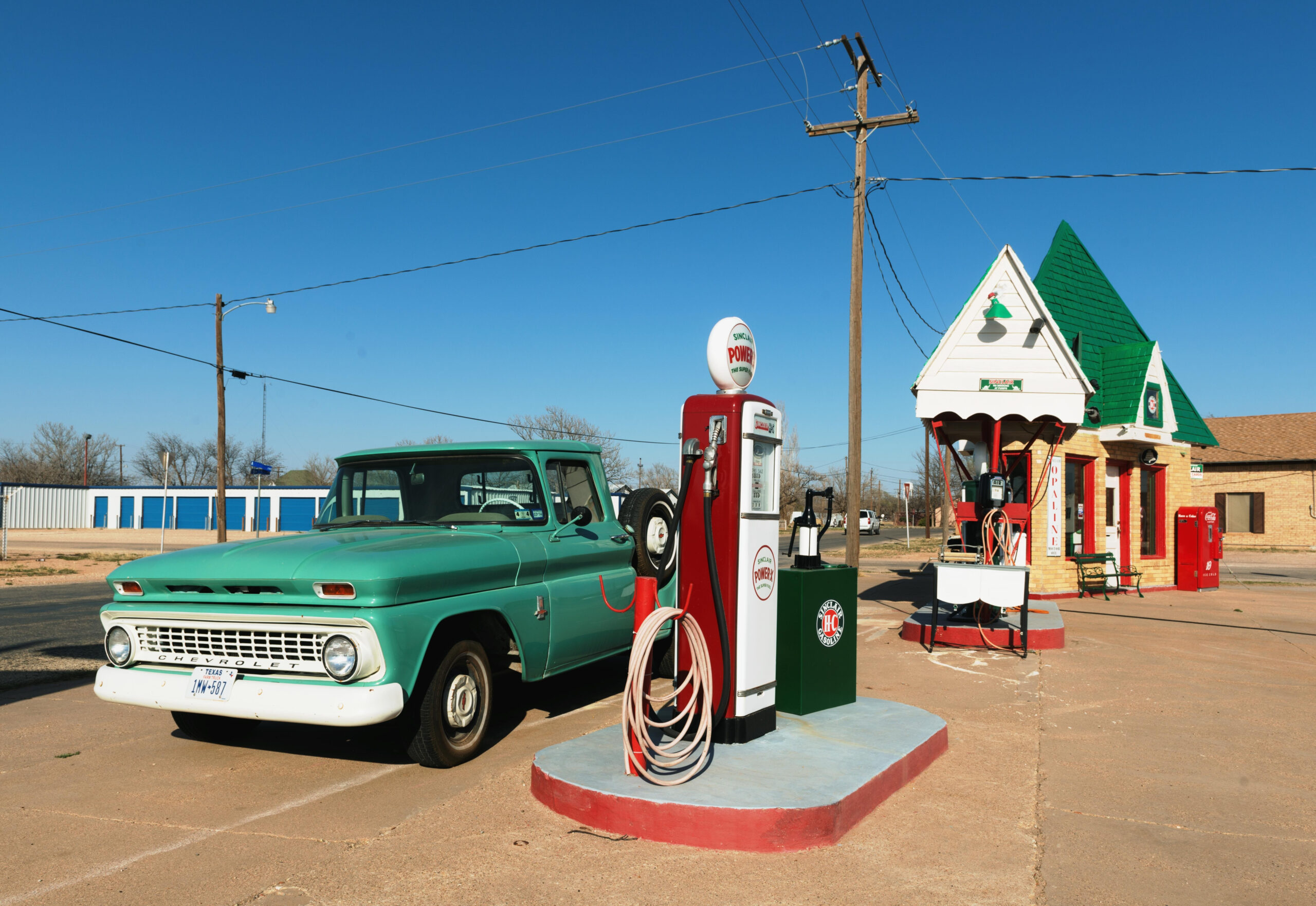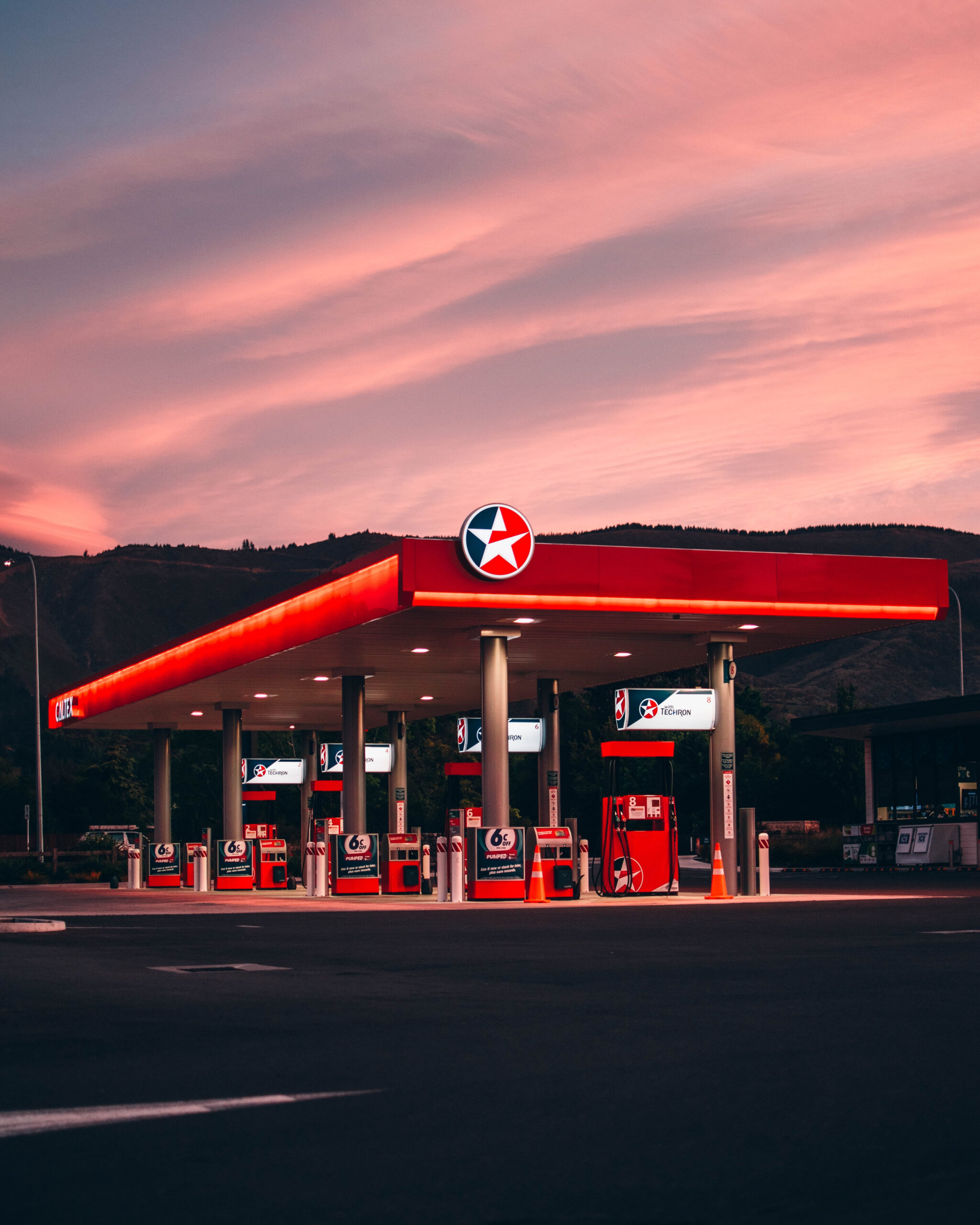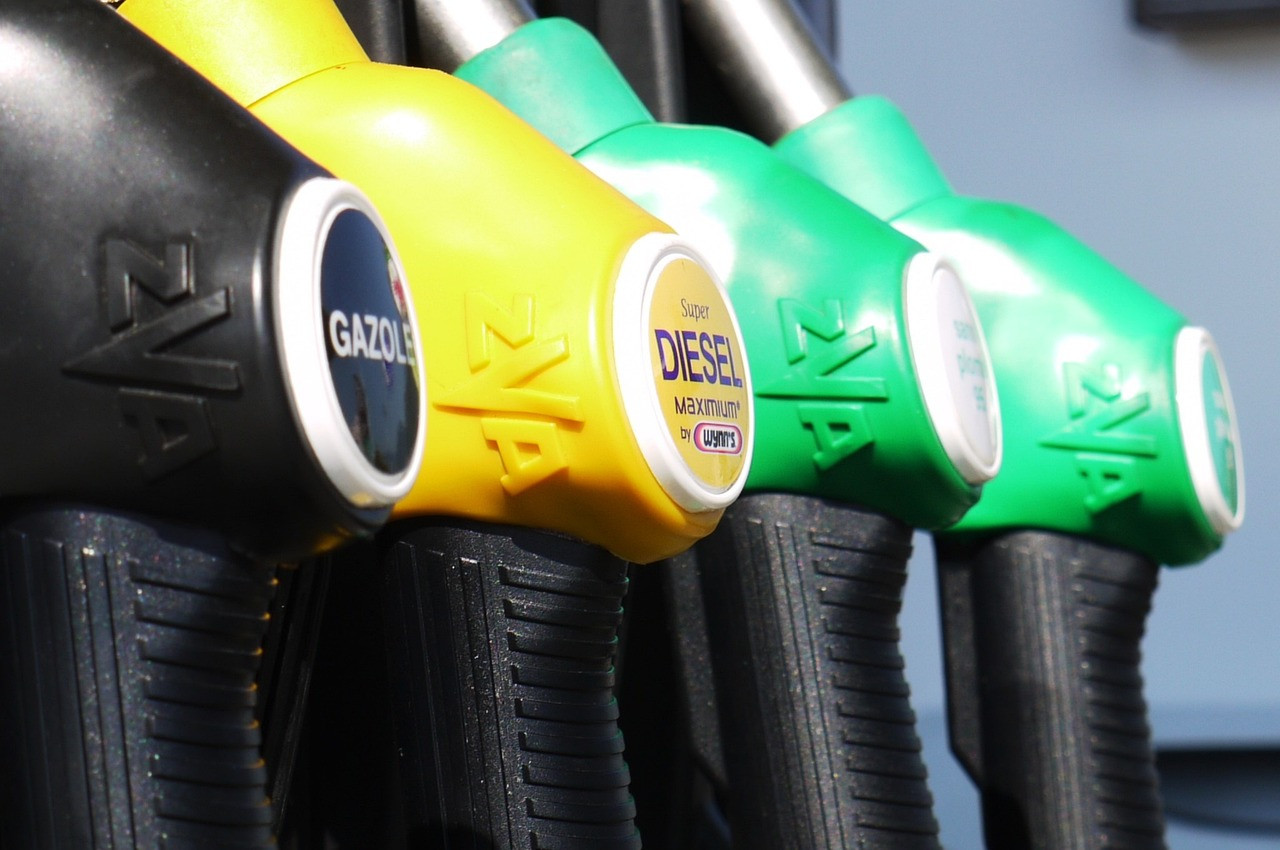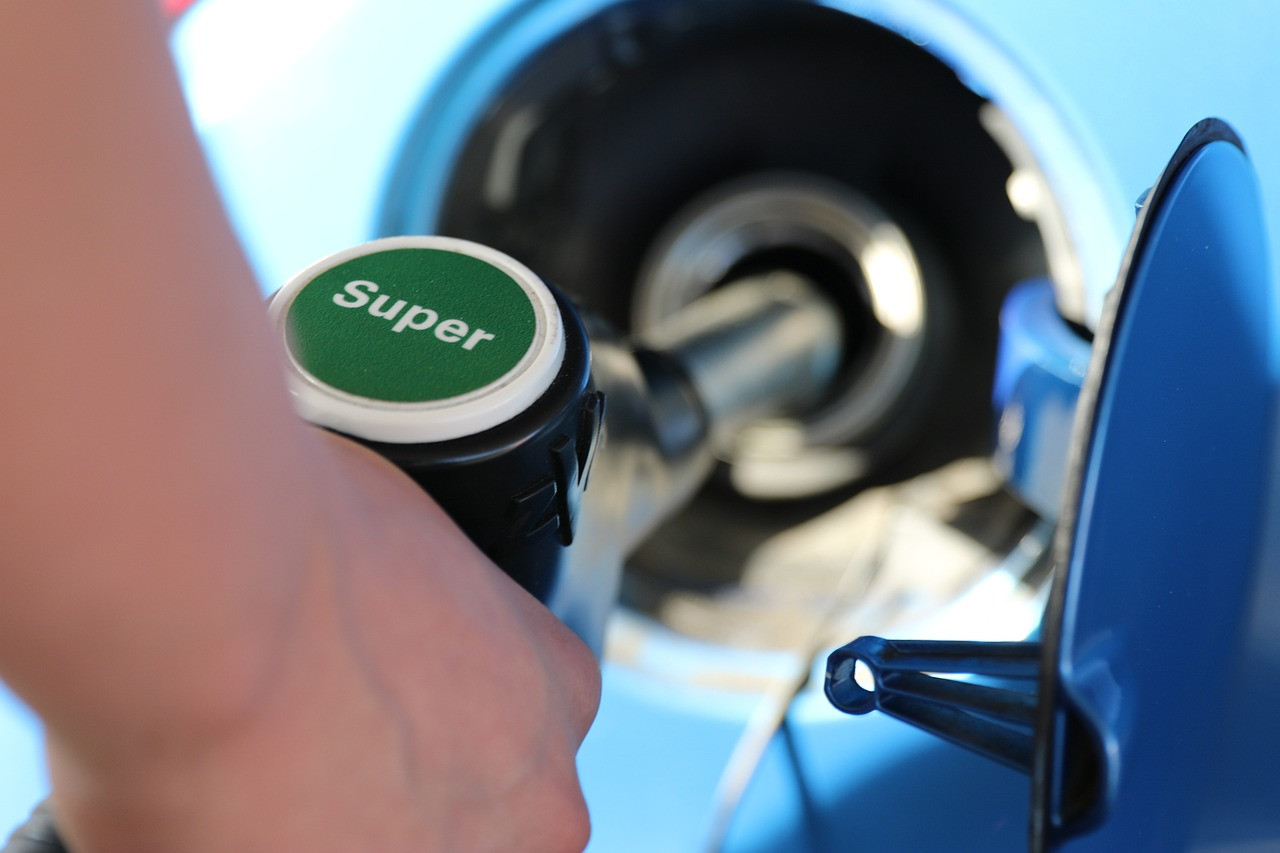The debate over fuel type and its influence on fuel efficiency is a perennial one.
The common notion that higher octane fuel provides better fuel efficiency is widespread among drivers, with many convinced that higher octane gas or premium fuel can boost their vehicle’s performance to deliver better fuel efficiency. However, studies have consistently debunked this myth, stating that the fuel type, be it mid-grade fuel, premium gas (high octane), or regular fuel, has minimal to no effect on fuel efficiency. Rather, it is the vehicle’s engine design and the driver’s driving habits that play a significant role in achieving satisfactory fuel efficiency.
Despite these findings, the allure of higher octane gas remains strong, with drivers associating it with greater power and a smoother ride. Contrary to popular belief, higher-octane fuel is not synonymous with better performance or greater fuel efficiency.

Characteristics of Premium Fuel
Lets look at the characteristics of superior-grade gasoline. With a unique formulation, this category of gas is known for its advanced combustion properties. It does not just possess a steeper octane rating, but also offers a cleaner engine operation. Its advanced formulation helps in reducing carbon build up in the engine, contributing to a smoother operation. Furthermore, it is engineered to offer better stability and prevent pre-detonation, thereby protecting the engine from potential damage. This, in essence, is the distinctive nature of superior-grade gasoline, setting it apart from its counterparts.
One significant advantage of using higher octane fuel like premium gas is not fuel efficiency but rather the enhanced performance of the engine. They have a higher resistance to knocking or pinging during combustion, which can translate to smoother and more responsive acceleration. Moreover, they are beneficial to vehicles with high-compression engines, as they can withstand high pressure and temperature, ensuring optimal performance. Additionally, the use of superior grade fuels can lead to extended engine life, as it allows for cleaner combustion and reduced engine deposit build-up. Lastly, the comparative analysis of standard and superior grade fuels will further illuminate their differences.
Differences Between Regular and Premium Fuel
Superior octane liquids have a higher octane rating, which signifies a more robust resistance against knocking or pinging during combustion. This makes them ideal for high-performance or luxury vehicles that require a smoother, powerful response. On the other hand, standard liquids have lower octane ratings, making them suitable for most average vehicles. The cost difference is notable, with superior octane liquids being more expensive due to the advanced refining process required. These key differences help consumers make informed decisions based on their vehicle’s requirements and budget constraints.
Does Premium Fuel Increase Fuel Efficiency?
The distinctions between standard and superior-grade energy sources in relation to fuel efficiency must be understood. The high-grade energy source’s impact on a vehicle’s performance is another point of interest. Scientific research examining the comparative energy yields from using top-tier energy sources gives a deeper insight, shedding light on whether they truly enhance cars’ energy output.
Superior-grade power sources generally contain higher octane levels than standard power sources. The octane level of a power source is a measure of its resistance to ‘knocking’ or ‘pinging’ during combustion. It is misconstrued that a higher octane level equates to more power. This is not the case. Rather, it simply prevents premature ignition in the engines designed for higher compression ratios. On the other hand, the standard automobile power source is suitable for most vehicles and is less expensive. This distinction is vital to understand the impact of superior-grade power sources on automobile performance.

The Impact of Premium Fuel on Car Performance
Studies reveal that top-grade gasoline can aid in maintaining the smooth operation of an engine designed to handle it. Specifically, such engines have a higher compression ratio, which means they can squeeze more power from each drop of gasoline. Consequently, these types of engines can take advantage of top-grade gasoline’s resistance to knock or pre-ignition, leading to a seamless and efficient operation. Nevertheless, for engines not designed for this level of gasoline, the performance and fuel efficiency benefits are negligible.
Impact of Premium Fuel on Engine Health
When considering the potential benefits of superior grade energy sources on the well-being of an engine, it’s crucial to understand that not all engines are created equal. Those designed to run on higher-rated energy sources can indeed reap some benefits from these top-tier options. The cleanliness of the energy source plays a vital role in maintaining engine health, with superior grades often offering more extensive cleaning properties. Consequently, this can lead to a reduction in deposits within the engine, potentially prolonging the engine’s life and enhancing its performance. However, it’s worth noting that these benefits largely depend on the engine’s specific design and requirements.

Differences in Fuel Efficiency with Premium Fuel
Imagine cruising on a highway with a vehicle performing at its optimal level, with minimal engine knock and smooth acceleration. But here’s something that might surprise you. Using top-tier propellant doesn’t necessarily mean a vehicle will demonstrate better fuel efficiency and cover more miles per gallon. Certain studies suggest no significant difference in mileage when using top-tier propellants compared to standard ones. It appears that the fuel efficiency factor is more influenced by the vehicle’s condition and driving habits, rather than the quality of the propellant used. In contrast, some luxury cars designed for top-tier propellants might show a slight increase in mileage. In summary, while top-tier propellants can improve engine health, their effect on fuel efficiency seems to be minimal, barring a few exceptions.
Cost-Effectiveness of Using Premium Fuel
Imagine a scenario where one stands at a gas station, considering which grade of gasoline to select for the vehicle. Is the more expensive option actually worth the extra cost?
Look at it this way.
The cost-effectiveness of opting for a higher grade of gasoline largely depends on the specific vehicle in question. While certain high-performance automobiles might benefit from superior gasoline grades, the majority of vehicles are designed to perform optimally with standard-grade gasoline. Studies suggest that for most vehicles, the marginal increase in performance or mileage does not justify the added expense of a superior gasoline grade. Hence, unless the vehicle manufacturer specifically recommends it, opting for a higher-grade gasoline may not necessarily lead to cost savings.
What Kind of Car Benefits From Premium Fuel?
Firstly, understanding the engine design that benefits from superior-grade energy sources is essential. Certain engine configurations, usually found in luxury or sports cars, are specifically designed to optimize this type of energy source. Secondly, the impact of standard versus top-tier energy sources on older vehicles will be evaluated. It’s crucial to understand that older models may not reap the same benefits from these superior-grade energy sources. Lastly, the connection between high-performance vehicles and top-tier energy sources will be explored. High-performance vehicles often require these energy sources to deliver their advertised performance levels.

Understanding the Engine Type Suited for Premium Fuel
To comprehend this, one must grasp the concept of engine compression ratios. In essence, the compression ratio measures the volume of an engine cylinder at the bottom of the piston’s stroke compared to the volume at the top. Automobiles with a high compression ratio, such as many luxury and performance vehicles, are designed to operate optimally with a superior grade of gasoline. This is due to the fact that a higher quality gasoline can withstand higher pressure before igniting, thus resulting in a smoother, more efficient combustion process.
The Impact of Regular vs Premium Fuel on Older Cars
Research suggests that older cars can run on standard quality propellants without any significant damage or loss in performance. However, if the engine was designed to use superior quality propellants, then using a lower grade can result in decreased power and acceleration due to the engine’s knocking. Yet, not all old cars require this high-quality propellant. It all boils down to the vehicle’s engine specifications and the manufacturer’s recommendations. Therefore, it is not always beneficial or necessary to use superior quality propellants in older vehicles.
The Relationship Between High-Performance Cars and Premium Fuel
Moving from the discussion on whether top-tier gasoline enhances performance, let’s delve into the question of which vehicles fare well with this type of gasoline.
There’s a close correlation between high-performance automobiles and the use of top-tier gasoline. These automobiles, often sports cars or luxury vehicles, are typically engineered with advanced engine designs that require this specific kind of gasoline to function optimally.
When supplied with top-tier gasoline, these vehicles are able to achieve their full performance potential, as the gasoline helps to prevent knock and allows the engine to operate at higher compression ratios. The result is that drivers of high-performance cars experience smoother acceleration and more responsive handling when using top-tier gasoline. This demonstrates the significant role that top-tier gasoline plays in maximizing the performance of high-performance automobiles.
To summerise, the relationship between using higher grade gas and achieving better fuel efficiency isn’t always direct. While some vehicles designed for higher boost pressures may benefit from higher-octane gas, it does not necessarily result in a more satisfactory fuel efficiency for all vehicles.
Moreover, a driver’s commitment to maintaining optimal driving habits can promote improved efficiency more significantly than simply using premium gas. Therefore, rather than focusing on fuel octane alone, it is advisable to consider a holistic approach that includes efficient driving practices for those seeking to combat poor fuel efficiency.










Leave A Comment